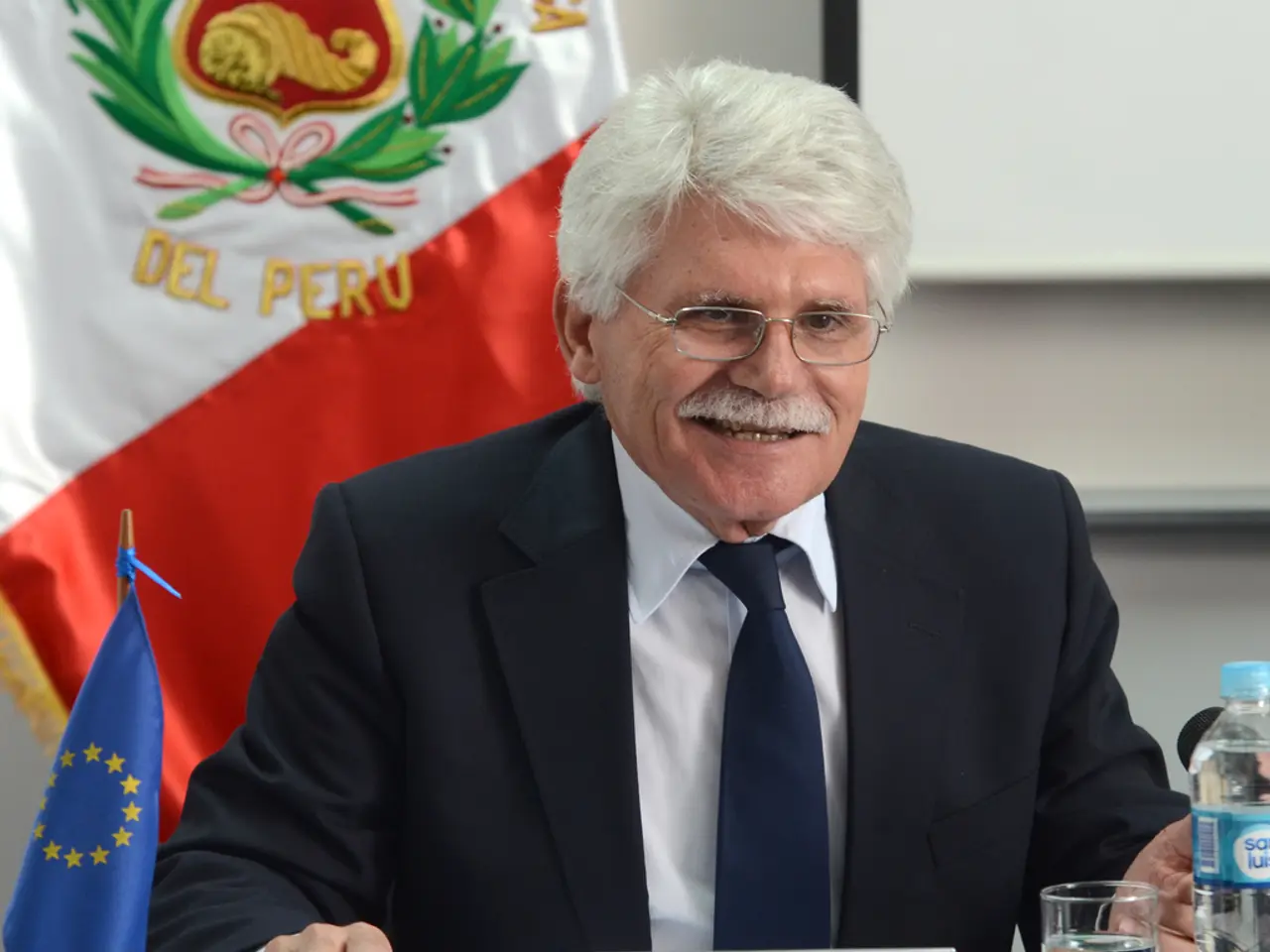Peru Proposes Major Mining Reforms to Combat Illegal Activities and Boost Production
Peru is contemplating substantial changes to its mining concession system, which could affect the world's third-largest copper producer and South America's top gold exporter. Critics contend that many concessions remain dormant or underutilized, while illegal mining activities, especially in gold, pose a significant challenge.
The proposed reforms aim to foster a more vibrant mining sector and tackle illegal activities. Acknowledging bureaucratic obstacles, some proposals include measures to hasten permitting processes. The reforms also seek to update the legal framework for small-scale miners, encouraging their formalization and integration into the regulated sector.
One of the most contentious proposals involves reducing concession periods from several decades to as little as 10 years. Peru's current framework grants extensive exploration rights lasting decades, mirroring the lengthy development timelines common in mining. Major mining companies view these potential changes with growing concern, seeing them as a threat to long-term investment security.
Several bills under consideration include mechanisms to revoke concessions deemed inactive or underutilized, aiming to free up territory for operators ready to commence immediate production. Critics argue that this could encourage smaller operators to access potentially productive areas currently held by larger companies.
Illegal gold mining is projected to account for $12 billion in exports in 2025, underscoring the urgent need for effective formalization pathways. Peru's proposed reforms, if implemented, could significantly reshape its mining sector, with potential impacts on both domestic and international stakeholders.
Read also:
- Experiencing Life's Variety Firsthand: Gaining Insights from Life's Broad Spectrum of Experiences
- Budget Alterations Made to 2023 Toyota GR Corolla After 4,500 Miles, with a Cost of $38 for Smoothing Out the Rough 1-2 Shift
- Strategies for Keeping Work Reasonable and Rewarding for those with Autism and ADHD
- Steady Expansion Projected for Artificial Intelligence in Escalator Maintenance, with a Forecasted Growth Rate of 40.2%





